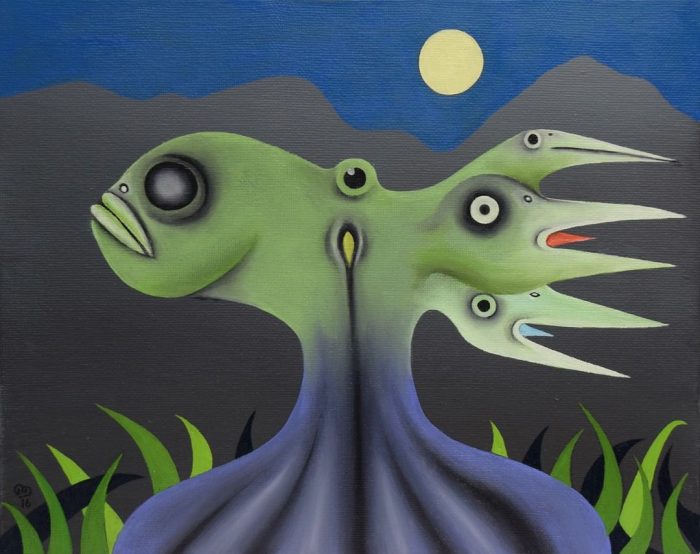As Merlin Mann likes to say, Tuesday is the optimistic day. So here’s a dose of optimism for Tuesday 12th May, 2020.
The latest episode of Reasons to be Cheerful features an interview with historian Rutger Bregman about his upcoming book: Humankind.
In the clip below, Bregman argues that our default view of humanity is a pessimistic one. A view that he believes has been cultivated over the centuries to benefit those in power. He goes on to say that making more positive assumptions about humanity can therefore be considered both revolutionary and dangerous.
“Who benefits from this cynical view of human nature? The answer is simple. It is those in power… The argument that people are actually pretty decent is a really dangerous idea.”@rcbregman on this week’s episode. Listen at https://t.co/BrVgmsAbmJ pic.twitter.com/3GHdwCb2pY
— Reasons to be Cheerful (@CheerfulPodcast) May 11, 2020
This is a thought provoking perspective that is definitely worth consideration. Our democracy is founded on deeply entrenched structures that have allowed the rich and powerful to maintain social inequality. Religious institutions, the monarchy, and the government have and do rely on our need to be governed. No revolution has ever resulted in the people choosing to go without some form of rule. One form of governance is simply replaced by another.
What if we tore up the rule book and decided to structure society in a completely different way? We don’t have to overthrow the government to do it. At least, not straight away! 😉
Since the onset of the global pandemic, we have witnessed the human capacity to do good in multitudes. In the UK, for example, private companies have used their capital, expertise and resources to help in the fight against Covid-19 by building ventilators. Schools and other business have donated personal protective equipment to help protect nurses and doctors working on the frontline. Local communities have come together in earnest to support each other, delivering food and medicines to those who are most vulnerable.
With the ‘milk of human kindness’ so readily on display, surely we can create a kinder, more humane society? A society that is less “chartered”. A society that is equitable and open, where the rules to which we adhere are based on the needs of the many not just the few.
Idealistic? Maybe. But Bregman’s views about humankind are not unfounded. To explore them further, begin with this adapted excerpt from his book about a real life Lord of the Flies. Spoiler Alert: The boys do not turn savage and murderous. Instead, their tale is one of “friendship and loyalty”. You can follow that with this essay on the decency of humanity, published in The Correspondent. We’re hardwired to help each other.
And, remember:


